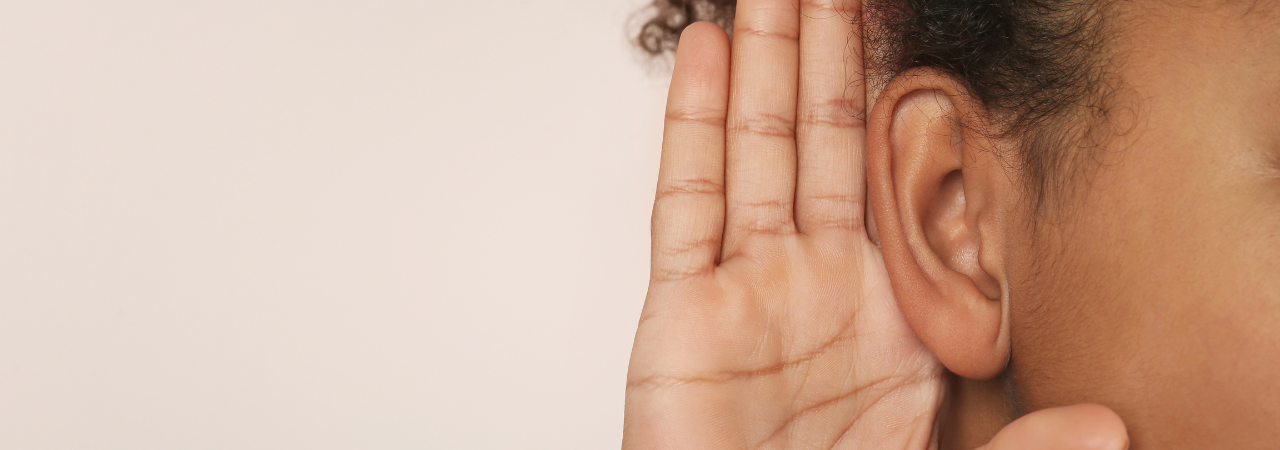3 things overheard in the dental office

Dental assistants see and hear all kinds of things in the dental office. Sometimes you hear positive feedback from your employer, your teammates, and — best of all — your patients. This can make you feel like you’re on cloud nine. Other times, you may hear some frustrating, negative comments that can put a damper on your workday. You occasionally even hear some unusual things from patients that could leave you feeling downright surprised: Did they just say that?
“Patients will tell you nearly anything — and a lot of the time, it’s too much information,” Jessica shares.
What are some of the other common things often overheard in the dental office?
‘I don’t need x-rays, do I?’
While dental assistants usually report hearing positive comments in the dental office, this isn’t always the case. Sometimes frustrated or apprehensive patients may challenge the need for certain procedures. For instance, some question whether they need to follow the recommended diagnosis or treatment plan.
“My pet peeve is when patients say, ‘I don’t think I need x-rays; I just had them done,’” shares Tamara. “And then you see that they haven’t had any in years, and you have to explain that the doctor needs them. Some talk about how they think we are just trying to bill the insurance company for more money, as if it’s all part of our ‘master plan.’”
“This is so true,” echoes Kimmie. “I’ve heard patients say, ‘I had x-rays taken the last time I was here’ — and that was three years ago.”
‘Don’t you want to be a hygienist?’
Dental assistants regularly tell us they love their jobs. Each day puts your ability to multitask to the test, and you’re able to expertly demonstrate your knowledge and skills and show your compassionate side. But it can be frustrating when people just don’t seem to understand your passion for the profession, or even what you do each day.
For instance, people sometimes confuse the role of the dental assistant with the hygienist’s or may downplay your role entirely. Christina has encountered this before — not only with patients, but also with her friends and family members.
“Every person I talk to about my job assumes I am a hygienist,” she says. “Most people haven’t even heard of our job title. I find that so frustrating sometimes.”
Other times, people may be wondering whether you’ll pursue other roles in dentistry. This can be a big pet peeve for assistants who don’t have any intention of becoming a dental hygienist or dentist.
Becca has felt that frustration. “I’m about to graduate from dental assisting school, and everybody thinks I’m going to be a hygienist,” she shares. “When I tell them, no, I’ll be an assistant, they then ask if I’m planning to go back to school to be a hygienist or a dentist. I reply, ‘no, if I had wanted to do that, I wouldn’t have gone to dental assisting school.’”
‘Thank you so much!’
Overall, the dental office is a positive place where lives can be transformed. Sometimes patients become overwhelmed with emotion after seeing their new, beautiful smile in the mirror for the first time, or when they are finally free of pain. Especially in these cases, assistants usually hear how grateful their patients are for them, which reminds them they’re making a difference.
“It definitely feels good when the patients appreciate me and even better when they request me to be their assistant,” says Carmen.
Dental assistants also appreciate hearing positive feedback from their employers, which can be a confidence booster and reaffirm their career choice.
“Hearing positive feedback makes me feel so good about myself, like I’m properly doing my job,” Marissa shares. “I really enjoy it when my bosses thank me, tell me I’m doing a good job, and remind me how good I am with my patients. I have anxiety, and a lot of times my mind gets the best of me. I start thinking I’m not doing my best or I could do better. I overthink small things I may have done wrong or could do different. So hearing these kind comments puts my mind at ease.”
Read more: Why appreciating dental assistants elevates the entire practice

